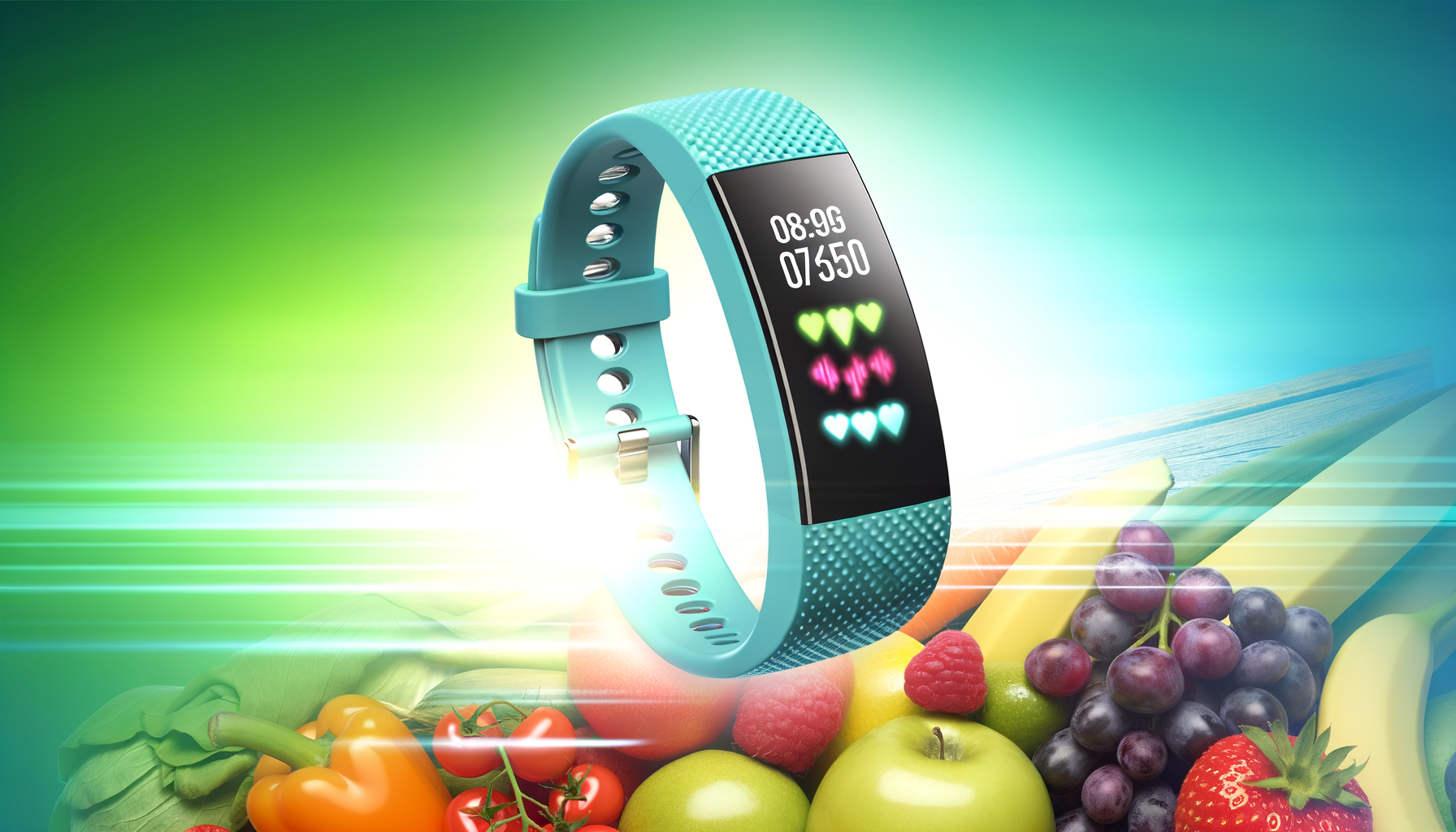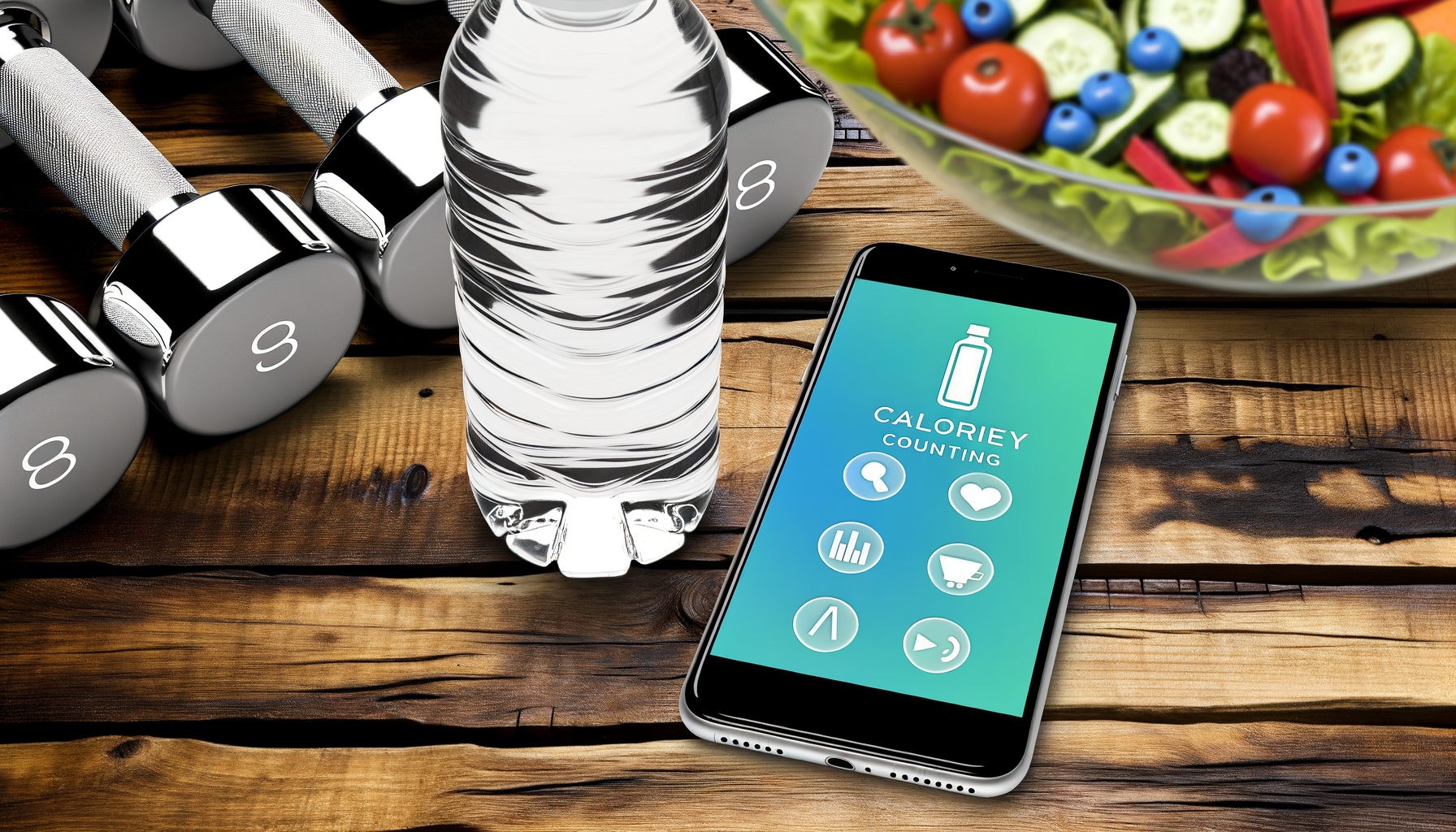The Role of Calorie Tracking in Cortisol Management Programs
October 10, 2024
## Understanding the Interplay Between Calorie Tracking and Cortisol Levels
When it comes to managing weight and overall health, many individuals turn to calorie tracking as a primary strategy. However, the impact of calorie tracking on cortisol levels, a crucial stress hormone, is often overlooked. In this article, we will delve into the complex relationship between calorie tracking, cortisol management, and their implications for weight loss and overall health.
### The Role of Cortisol in the Body
Cortisol is a hormone released by the adrenal glands in response to stress, whether it be physical, emotional, or psychological. It plays a significant role in various bodily functions, including metabolism, immune response, and digestion. Cortisol levels naturally fluctuate throughout the day, peaking in the morning and decreasing at night.
### Calorie Tracking and Cortisol: The Stress Connection
Calorie tracking, while intended to aid in weight loss, can paradoxically increase cortisol levels due to the psychological stress it induces. Studies have shown that the act of counting calories significantly increases perceived stress, which in turn signals the hypothalamus and pituitary glands to elevate cortisol production. This chronic, low-grade stress can lead to increased appetite and fat storage, counteracting the intended weight loss goals.
### The Impact of Caloric Restriction on Cortisol
Caloric restriction, a common approach in weight loss diets, has been found to increase serum cortisol levels, particularly when fasting is involved. A systematic review and meta-analysis revealed that fasting acutely increases serum cortisol levels, whereas very low-calorie diets (VLCD) and low-calorie diets (LCD) do not show significant long-term increases in cortisol. However, the initial elevation in cortisol during fasting can still have adverse effects, such as stress-induced overeating.
### The Complications of Chronic Cortisol Elevation
Chronic elevation of cortisol due to calorie restriction or tracking can have several negative health consequences. Elevated cortisol levels are associated with increased appetite, particularly for high-fat and high-sugar foods, and can lead to metabolic abnormalities and fat accumulation, especially around the abdominal area. Additionally, chronic cortisol elevation can result in leptin resistance, further complicating weight management efforts.
### Managing Stress and Cortisol While Dieting
To mitigate the negative effects of cortisol while dieting, it is crucial to manage stress effectively. Here are some strategies:
- **Balanced Diet**: Eating a balanced diet that includes all necessary nutrients can help reduce the stress associated with calorie restriction.
- **Exercise and Rest**: Engaging in regular exercise and ensuring adequate rest can help regulate cortisol levels. Exercise, in particular, can help reduce stress and improve overall health.
- **Social Support**: Spending time with family and friends can provide emotional support and help manage stress.
- **Mindset**: Avoiding a strict "diet mentality" can reduce psychological stress. Instead, focus on sustainable lifestyle changes rather than temporary dietary restrictions.
### Using Technology Wisely
While technology, such as calorie-tracking apps, can be helpful in monitoring calorie intake, it is important to use these tools wisely. Over-reliance on these apps can exacerbate the stress associated with calorie counting. For example, studies have shown that using apps like MyFitnessPal can contribute to disordered eating symptoms and increase the perception of stress.
### Real-World Examples and Case Studies
In real-world scenarios, the impact of calorie tracking on cortisol levels can vary significantly. For instance, a study involving women on a restricted calorie diet found that those who did not have to count calories had lower perceived stress and cortisol levels compared to those who were required to track their calories meticulously. This highlights the psychological component of calorie tracking and its potential to increase stress and cortisol.
### Conclusion and Recommendations
In conclusion, while calorie tracking can be a useful tool for weight management, it is essential to consider its impact on cortisol levels. Here are some key takeaways:
- **Monitor Stress**: Be aware of the psychological stress associated with calorie tracking and take steps to manage it.
- **Balance Diet and Lifestyle**: Focus on a balanced diet and lifestyle rather than strict calorie restriction.
- **Use Technology Judiciously**: Use calorie-tracking apps wisely and avoid over-reliance on them.
- **Consult Professionals**: If you are struggling with weight loss or high cortisol levels, consult with a qualified healthcare practitioner who can provide personalized advice and treatment, such as bioidentical hormone replacement therapy if necessary.
By understanding the interplay between calorie tracking and cortisol levels, you can develop a more holistic approach to weight management that prioritizes both physical and mental health.
For more insights into effective weight management and health optimization, consider integrating tools like the WP Calorie Calculator into your strategy. This widget can help you attract visitors and generate leads in the health and fitness industry by providing accurate and personalized calorie calculations.
To explore different plans and pricing options for the WP Calorie Calculator, visit the WP Calorie Calculator Plans page. This can be a valuable resource in your journey towards better health and weight management.











